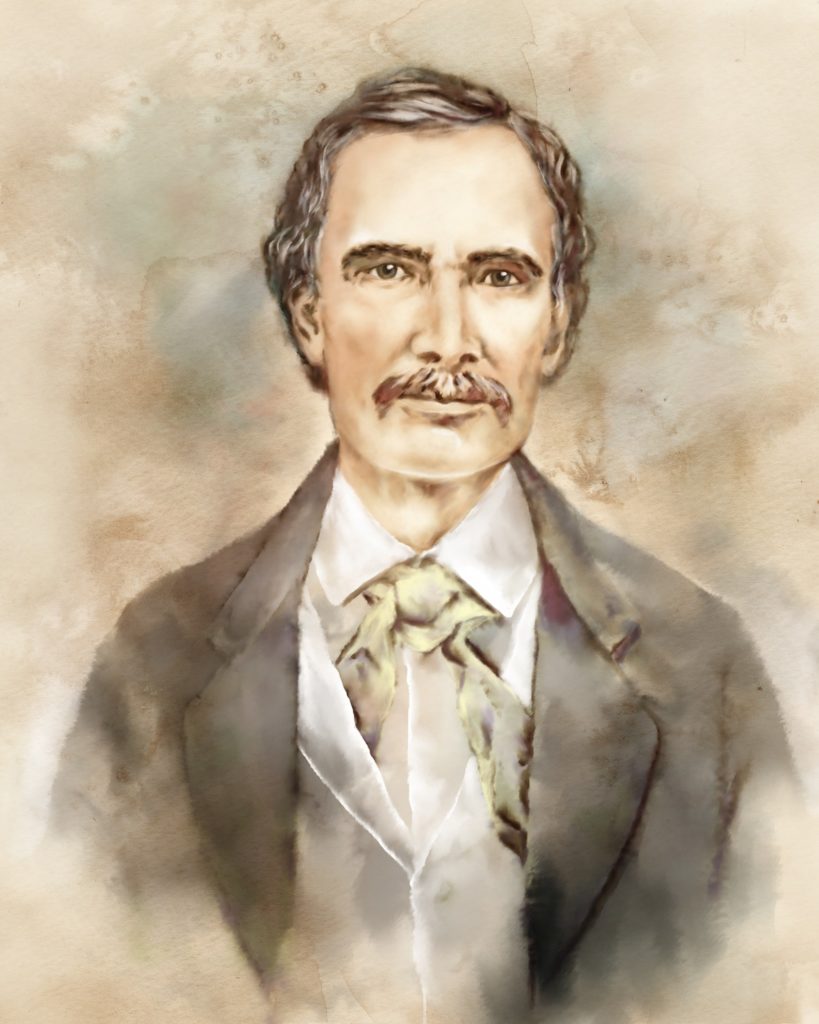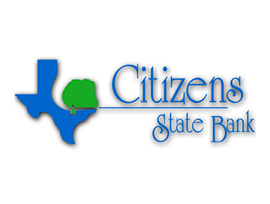
Day 9 of the Convention of 1836
On the 9th Day of the Convention of 1836, the first draft of a constitution for the Republic of Texas was presented to the general Convention. It consisted of a preamble and 10 sections: 6 Articles, a Schedule, a Declaration of Rights, General Provisions, and a section on Slavery. Here are some major points from each section:
Preamble: We, the people of Texas, in order to form a government, establish justice, ensure domestic tranquility, provide for the common defense and general welfare, and secure the blessings of liberty to ourselves and our posterity, do ordain and establish this constitution for the republic of Texas.
Article 1: Established Congress: tripart government consisting of a legislative, executive, and judicial branch. Bicameral legislature consisting of a senate and house of representatives. House consists of county representatives, senate consists of “district” representatives. House members have a 1-year term, senators have 3-year terms. Bills passed by the Congress go to the President for ratification, which can be vetoed. 2/3rds of both houses can override vetoes. Impeachment rests with the House.
Article 2: Listed Congressional powers: levy & collect taxes etc., borrow money, pay debts. Regulate commerce with foreign nations and native Tribes. Coin money, fix weights and measures, establish gold/silver standard. Create postal system. Declare war. Provide a navy and raise armies. Call the militia. To make any laws to affect the aforementioned powers.
Article 3: Established Executive: President has 3-year terms by direct election. Commander-in-chief of military and naval forces, but is not to take the field. Has power of pardon and reprieve. Make treaties with advice and consent of 2/3rds of the Senate’s approval. Appoint ministers and consuls. Execute laws of the Republic. Convene and adjourn Congress in extraordinary circumstances. Hold “Great Seal of the Republic of Texas”. Creates office of the Secretary of the Republic, which has a 4 year term and keeps honest and faithful record of the acts of the President to be appointed by the President.
Article 4: Established voting procedure: free white males over 21 years old, vote by ballot. Congressional votes done by voice vote (vive voce). The Vice President shall be elected in the same manner as President and shall assume the Presidency in case of impeachment, death, or resignation of the President.
Article 5: Established Judiciary: creates supreme court and empowers Congress to create inferior courts. Judges serve 4-years terms and are elected. Established as “conservators of Peace” and endowed with the authority of the Republic of Texas. Establishes county courts and district attorneys. Sets county size at 625+ sq. miles unless a petition of 100 free male inhabitants is received requesting a new county. Each county shall have at least one justice of the peace, a sheriff, a coroner, a trustee, and sufficient constables, all elected to 2-year terms. Requires that all persons chosen or appointed to the government must take an oath.
Article 6: Expanded upon Judiciary: Prevents religious leaders from holding office. Clerks to courts are appointed by presiding judge. Judges must be 25 years old or older and “be learned in the law”. Supreme court consists of Chief Justice and associate justices, which are the district judges. Judges elected by joint ballot of both congressional houses.
Schedule: Enumerated Transition to duly established future government: retains law previously enforced until voided or repealed by the future government. Enumerates a provisional government to arise from the Convention which will be empowered to execute the business of the Republic until formal elections are held at the appointed time. Establishes number of representatives allotted to each precincts (counties) and districts.
Declaration of Rights: All men or group of men in social compact are equal in rights without entitlement to exclusive public privileges. That political power rests with the people alone. No preference to any Christian sect. Freedom of speech and publication with responsibility not to abuse it. Protects freedom of the press. No unreasonable searches or seizures and no warrants without probable cause supported by oath. Establishes due process of law, the right to a trial, and no self-incrimination. No titles of nobility or hereditary privileges. No double jeopardy. Allows for bail except in extreme circumstances. Prevents excessive bail and cruel and unusual punishment. Prevents imprisonment from debt. Prevents eminent domain without just compensation. Secures the individual’s right to bear arms. Subordinates the military to the civil authority. Enables the legislature to regulate the militia. Establishes that “treason” only applies in times of war. Prevents ex-post-facto law from affecting previous contracts. Prevents cronyism by the prevention of “perpetuities and monopolies” and preventing primogeniture.
General Provisions: Sets the boundaries of Texas. Enumerates taxation scheme. Invalidates citizenship of those who flee Texas during the War or aid the enemy. Declares citizenship of everyone residing in Texas at the time of the Declaration of Independence excepting slaves and Indians. Declares land distribution and management scheme.
Slaves: Retains those who were previously held enslaved as enslaved going forward. Prevents emancipation by law or by individual deed, except in extraordinary circumstances and only then with legislative approval. Empowers Congress to establish laws regulating slavery and compelling humane treatment.
This first draft would go on to be debated and altered for the remainder of the Convention, but it represented a baseline from which Texas was to be established. William Gray summed it up thus:
“The business of the Convention drags. There are some questions that they seem afraid to approach. They are sure to produce excitement, come up when they may. The land question is one, and the loan they are unwilling or afraid to ratify. Such miserable narrowmindedness is astonishing. There is a great want of political philosophy and practical political knowledge in the body.”
Pictured here is Martin Parmer (San Augustine) and his signature. Parmer was the chairman of the committee to draft the Constitution and delivered the report on the first draft, meaning he read it to the assembled Convention.
























































